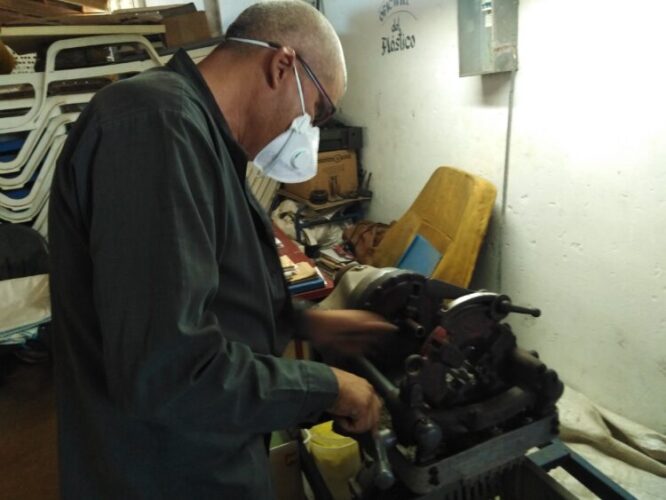To confront today’s economic challenges, it’s essential to shift our mindset—prioritizing the need to save foreign currency as a means to pursue better scenarios for the country’s socioeconomic development.

In that regard, every collective in the Special Municipality of Isla de la Juventud is focused on the issue of import substitution and promoting exports across various sectors. The goal is to harness local potential to generate net income, save foreign currency by halting the purchase of previously imported—often costly—products, and encourage the production of goods and services.
The Island’s economic plan includes a strategy to continue exporting lobster and related products to established clients under a brand that’s internationally recognized for its quality. Additionally, it outlines the sale—albeit in smaller quantities—of products like charcoal, honey, and marble.
Not only are there strengths in these current lines, but other potential products for commercialization are already under study. The Municipality’s export product map includes 24 items—14 of them well-established and 10 in development—with growth expected, especially with the presence of an export hub at the Pesa Isla company.
This was reported at the 22nd Plenary Session of the Municipal Committee of the Communist Party of Cuba, held in the Special Municipality of Isla de la Juventud and presided over by its First Secretary, Rafael Ernesto Licea Mojena.
Complementing the efforts to substitute imports and boost exports is no simple task. That’s why it’s urgent to put a stop to the irregularities that hinder meeting the demand for food products—not only for locals but also for the primary destination: Cayo Largo del Sur, as stated by the territory’s Intendant, Adiel Morera Macías.
How is it possible that this tourist hub still purchases garlic, root vegetables, and produce from other regions—even melons—despite having a marketing mechanism in place? Delays in the timely collection of these goods and other inefficiencies continue to cause unnecessary costs for the sector.
The companies already have the expertise; we must ensure that the implementation of new import and export opportunities for the non-state sector is swift and efficient, he stated.
Successfully coordinating exports—including those from non-state forms of management—will boost the economy of Isla de la Juventud and drive its development.


